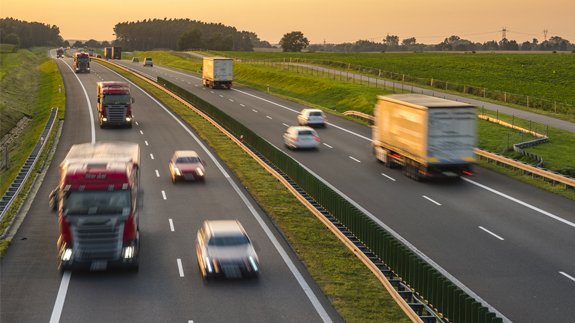The global transport sector is not on track to achieving sustainable mobility.
That’s the findings of a new report published by the Sustainable Mobility for All initiative – a worldwide consortium of more than 50 leading organisations in the transport sector – which examined the performance of the sector globally and its contribution to a sustainable future.
It defines sustainable mobility in terms of four goals: universal access, efficiency, safety and green mobility.
It reveals the transport sector is responsible for 23% of all energy-related greenhouse gases and its carbon emissions could grow by 40% by 2040.
The report states transporting a container of avocados from Kenya to the Netherlands requires 200 interactions and more than 20 documents at a cost equal to that of shipping – and efficient supply chains could increase the income of farmers.
When considering all transport costs, including vehicle acquisition, fuel, operational expenses and losses due to congestion, the move towards sustainable mobility can deliver savings of $70 trillion (£53tn) by 2050.
It adds around 450 million people in Africa – more than 70% of its rural population – are not connected to transport.
The report suggests unless action is taken by all transport stakeholders, the costs for increased mobility in terms of social exclusion, accidents, inefficiencies and pollution are “simply too high”.
José Luis Irigoyen, Senior Director of the Transport and ICT Global Practice at the World Bank said: “The world is off track to achieving sustainable mobility. The growing demand for moving people and goods is increasingly met at the expense of future generations.
“It is urgent to reverse this trend. The costs for society of increased mobility in terms of congestion, accidents, inefficiencies and pollution are simply too high.”





